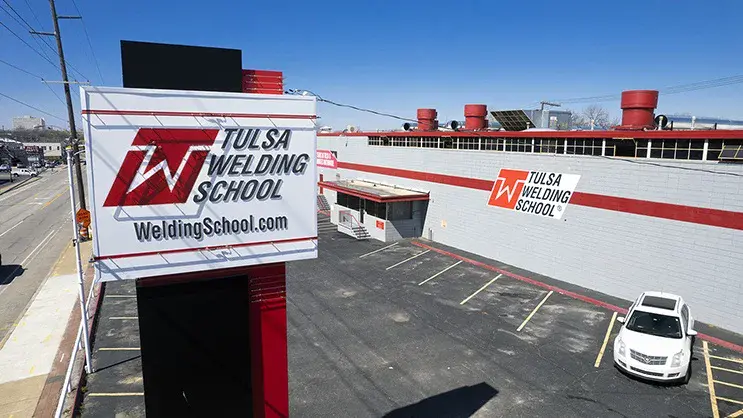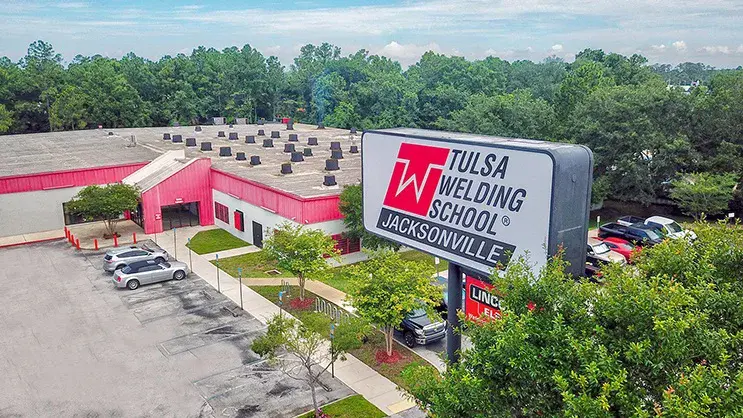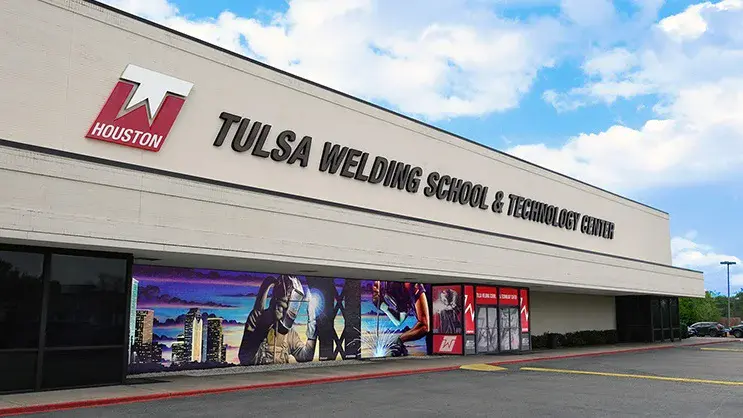TWS is a Great Training Option for Everyone
Learn more about how we can prepare you to advance your career.
In a Senate hearing on the economy and the state of skilled trade jobs, Mike Rowe (host of Dirty Jobs on the Discovery Channel) pointed out that even while there is a high rate of unemployment in the US, there is also a worker shortage in the skilled labor industry. Rowe goes on to say that this bizarre situation is caused by the negative image people typically have of tradesmen and physical labor. Industry leaders and workers in the field have been well aware of the petering number of capable workers. To illustrate this point, Rowe gives the example of a governor who wanted to build a nuclear power plant but had to delay the project, not for lack of support or funding, but from lack of qualified welders!
Private Sector and Technical School Educators Working Together
Manufacturing companies and other employers who rely on skilled workers have started working together with community colleges and welding trade schools to change the lingering negative perceptions about labor-intensive jobs. One of the biggest challenges these industry and educational leaders face is the disconnect between education and the private sector. Before entering higher education or job training after high school, students are not strongly encouraged to consider their professional futures or how their educational choices will later affect them. One of the main goals of skilled trade educators is to show the relationship between trade school education and future employment through professional-level skills training.
To ensure that graduates from trade schools have the skills employers need, schools and employers need to work closely together to develop the right curriculum. In the manufacturing industry, technology moves fast, and workers need to be able to operate new systems as they emerge. For schools to keep pace, employers need to work with educators to lay out their staffing needs as they change over time.
Changes between Skilled Labor Educator and Employer Dynamics
In the past, employers did not feel the need to participate in the education of new waves of workers because their labor demands were still being met. Now with painful worker shortages, employers see how much value they can add to the education of potential workers by getting involved earlier. Employers have started reaching out to local educators to align the subject matter taught in the classroom with in-demand job skills, investing in their “talent supply chain.”
Have You Considered a Career in the Skilled Trades?
Fill out the form to recieve a no obligation info packet.
For more information on in-demand skills and technical professions, read these industry articles: https://www.tws.edu/articles/.
Resources:
http://www.thomasnet.com/journals/career/skilled-trades-educators-employers-we-need-to-be-better-partners/
This blog has been labeled as archived as it may no longer contain the most up-to-date data. For a list of all current blog posts, please visit our blog homepage at https://www.tws.edu/blog/







